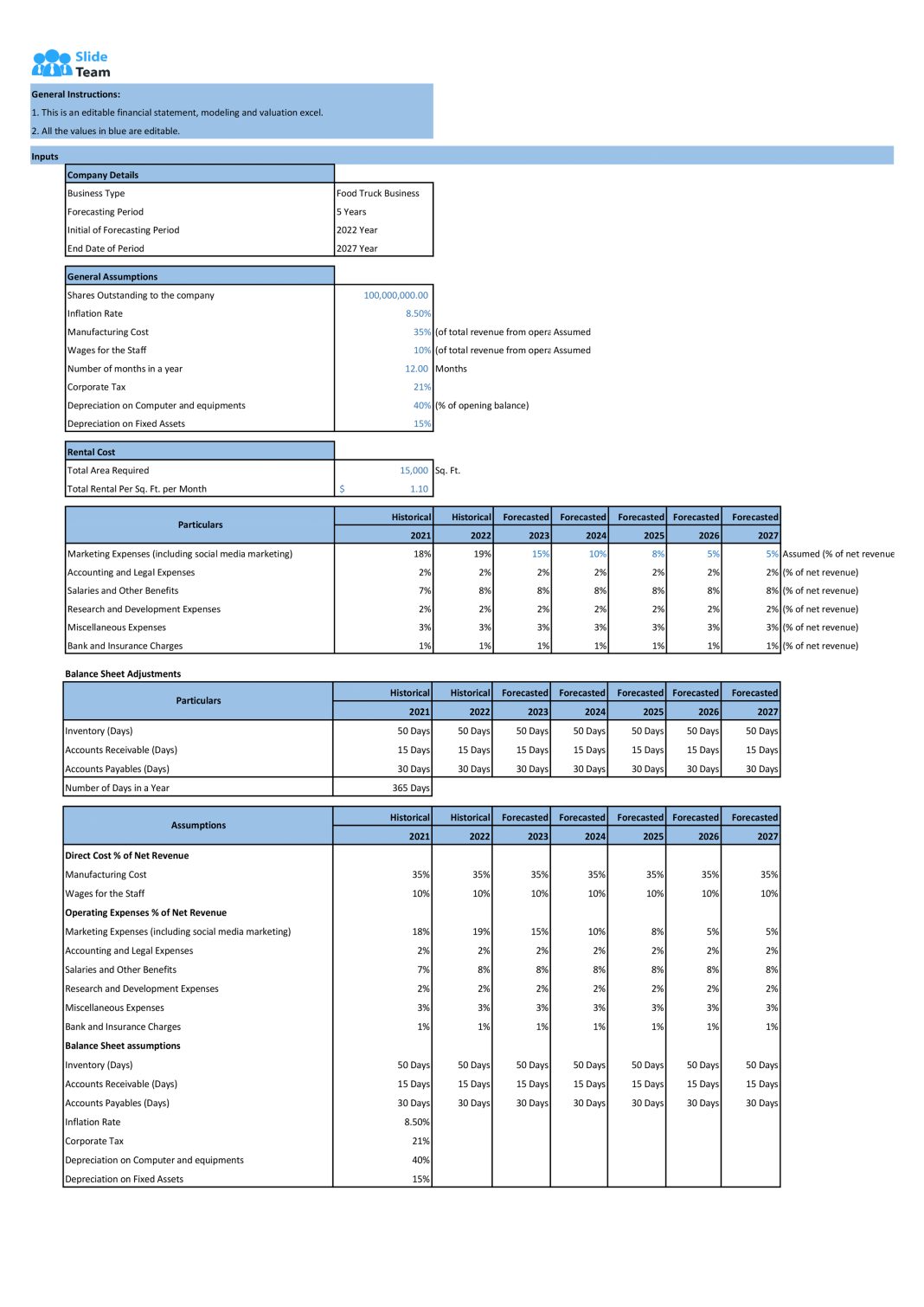
New Study Shows Eli Lilly’s Weight Loss Drug Reduces Risk of Type 2 Diabetes
Eli Lilly & Co.’s weight loss drug has shown promising results in reducing the risk of developing Type 2 diabetes in obese or overweight adults with pre-diabetes, according to initial findings from a long-term study. The study revealed that the drug, tirzepatide, which is the active ingredient in Eli Lilly’s weight loss injection Zepbound and diabetes drug Mounjaro, reduced the risk of developing Type 2 diabetes by 94% compared to a placebo.
The study, which was conducted over a period of approximately three years, also demonstrated that patients who received the highest weekly dose of tirzepatide experienced sustained weight loss. On average, these patients saw a 22.9% decrease in body weight after 176 weeks, compared to only 2.1% for those who received a placebo.
These findings suggest that Eli Lilly’s treatment could potentially delay the onset of Type 2 diabetes in individuals with pre-diabetes. Pre-diabetes is a condition where blood sugar levels are higher than normal but not high enough to be classified as Type 2 diabetes. More than one in three Americans have pre-diabetes, and health experts believe that lifestyle changes such as diet and exercise can reverse the condition. However, these new results indicate that medications like tirzepatide could offer an additional option for preventing the progression to Type 2 diabetes.
The study also highlights the potential long-term health benefits of a class of medications called GLP-1s, which include Eli Lilly’s Zepbound and Mounjaro and injections from rival company Novo Nordisk. GLP-1s mimic hormones produced in the gut that help regulate appetite and blood sugar levels. As these medications have gained popularity in the treatment of obesity and diabetes, both Eli Lilly and Novo Nordisk have been exploring other clinical uses for their drugs.
Dr. Jeff Emmick, senior vice president of product development at Eli Lilly, emphasized the significance of these findings, stating, “Obesity is a chronic disease that puts nearly 900 million adults worldwide at an increased risk of other complications such as Type 2 diabetes.” He further added, “These data reinforce the potential clinical benefits of long-term therapy for people living with obesity and pre-diabetes.”
The study involved over 1,000 adults and is the longest completed study to date on tirzepatide. Eli Lilly plans to submit the latest results to a peer-reviewed journal and present them at an upcoming medical conference in November. Previous weight loss results from the same trial, called SUMOUNT-1, were published by the company in 2022.
It is worth noting that patients who stopped taking tirzepatide during a 17-week period in the trial experienced weight regain and an increased risk of developing diabetes. However, even in this group, the risk of diabetes was still 88% lower compared to those who received a placebo.
In terms of safety, the trial results align with previous studies on tirzepatide. The most common side effects reported were gastrointestinal, such as diarrhea, nausea, constipation, and vomiting. However, these side effects were generally mild to moderate in severity.
Eli Lilly’s Zepbound works by imitating two naturally produced gut hormones, GLP-1 and GIP. GLP-1 helps reduce food intake and appetite, while GIP suppresses appetite and may also improve the body’s ability to break down sugar and fat.
Overall, this new study from Eli Lilly provides valuable insights into the potential of tirzepatide as a treatment for obesity and pre-diabetes. The significant reduction in the risk of developing Type 2 diabetes, along with sustained weight loss, offers hope for individuals at risk of these conditions. As further research and clinical trials are conducted, the use of GLP-1s in preventing and managing obesity and diabetes may become more widespread, providing new options for patients and healthcare providers alike.


